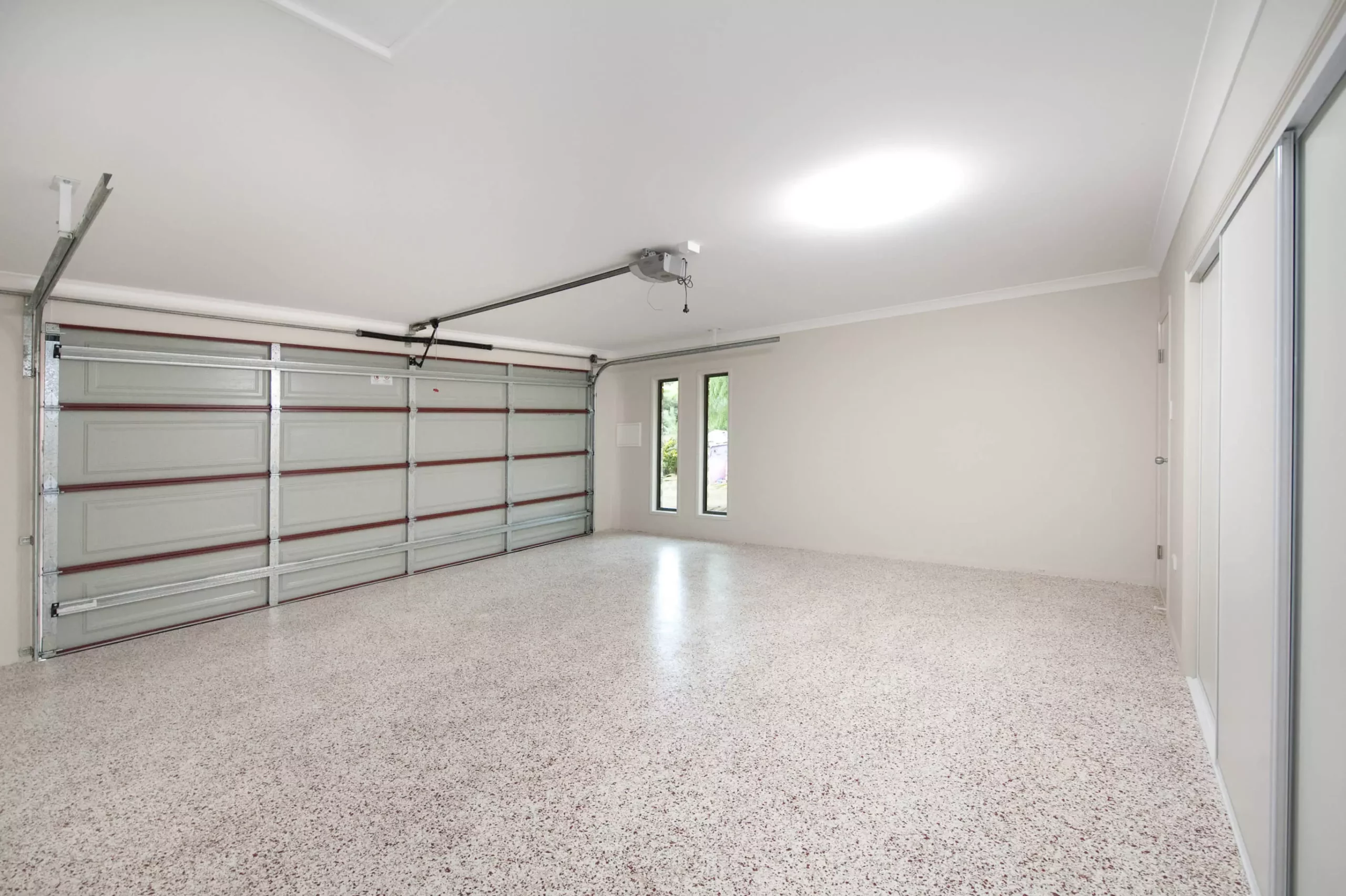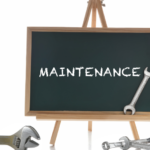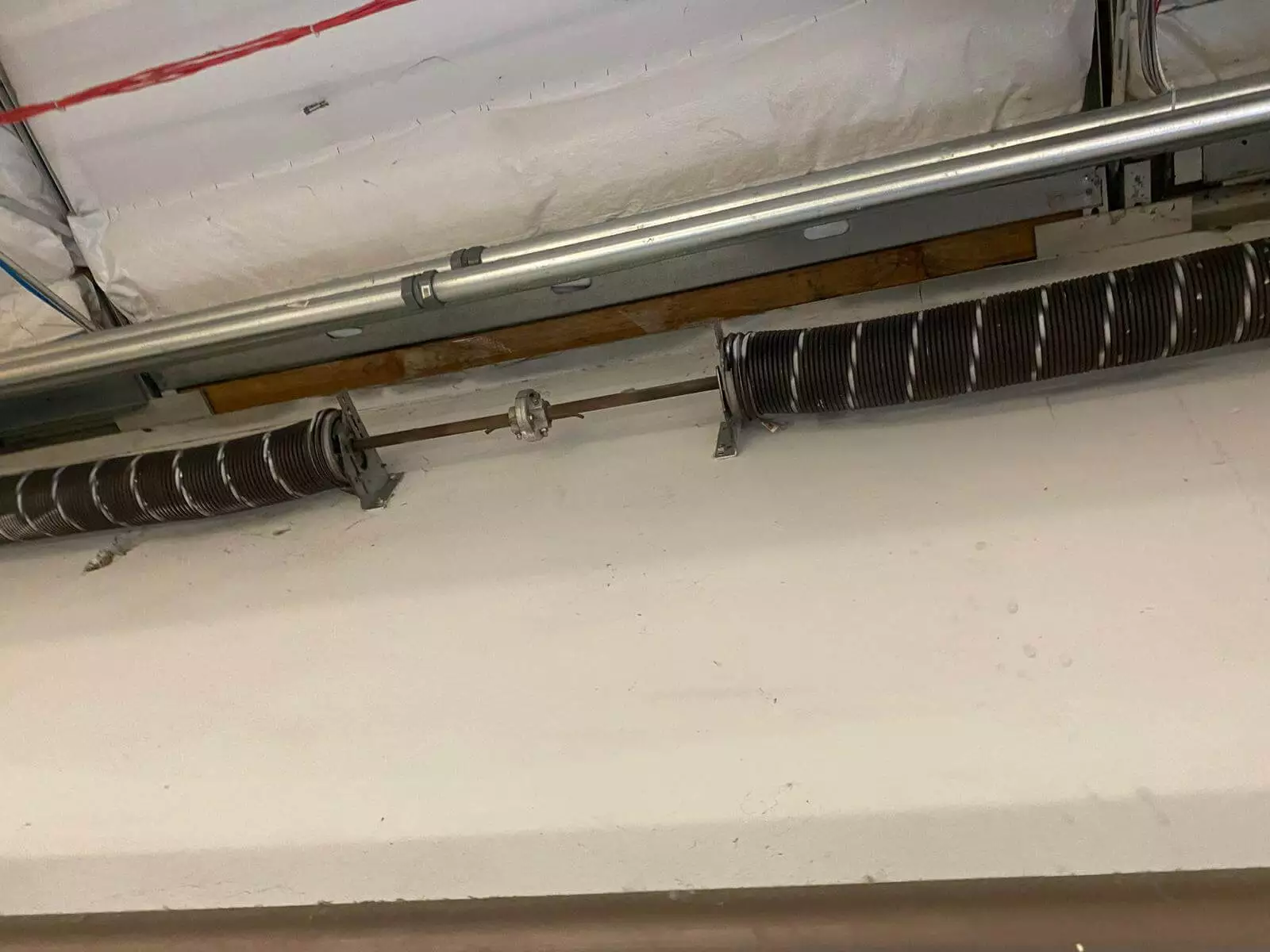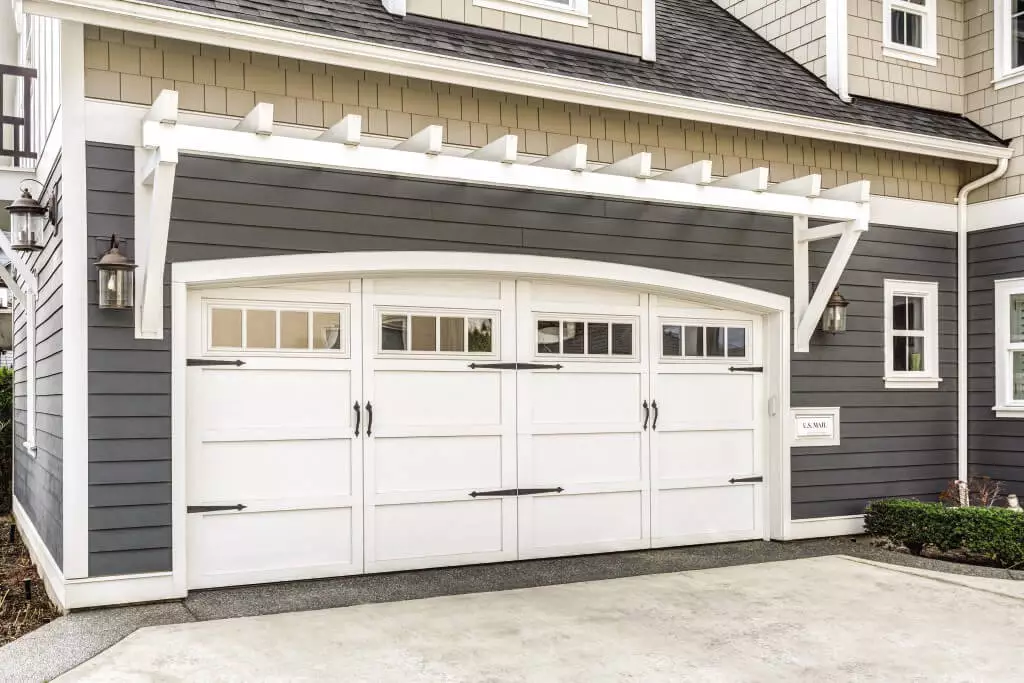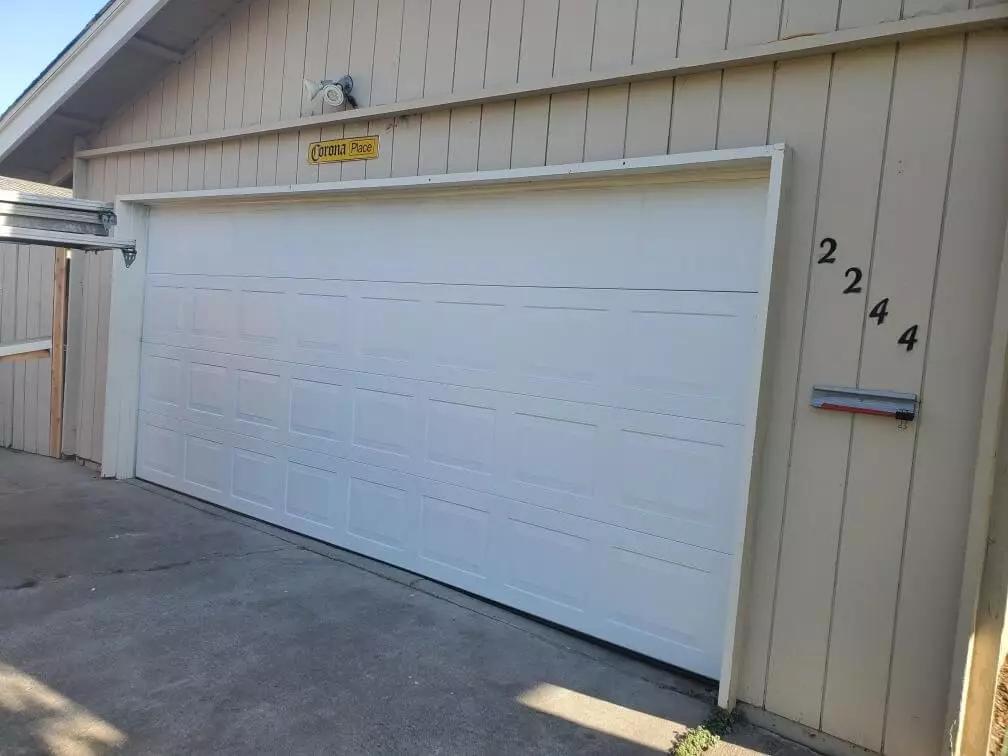How to Quiet a Noisy Garage Door
A noisy garage door can be a nuisance, disrupting the peace and tranquility of your home. Fortunately, there are several effective solutions to quiet down a noisy garage door. In this article, we will provide you with practical tips and techniques to help you reduce the noise generated by your garage door, ensuring a quieter and more pleasant environment.
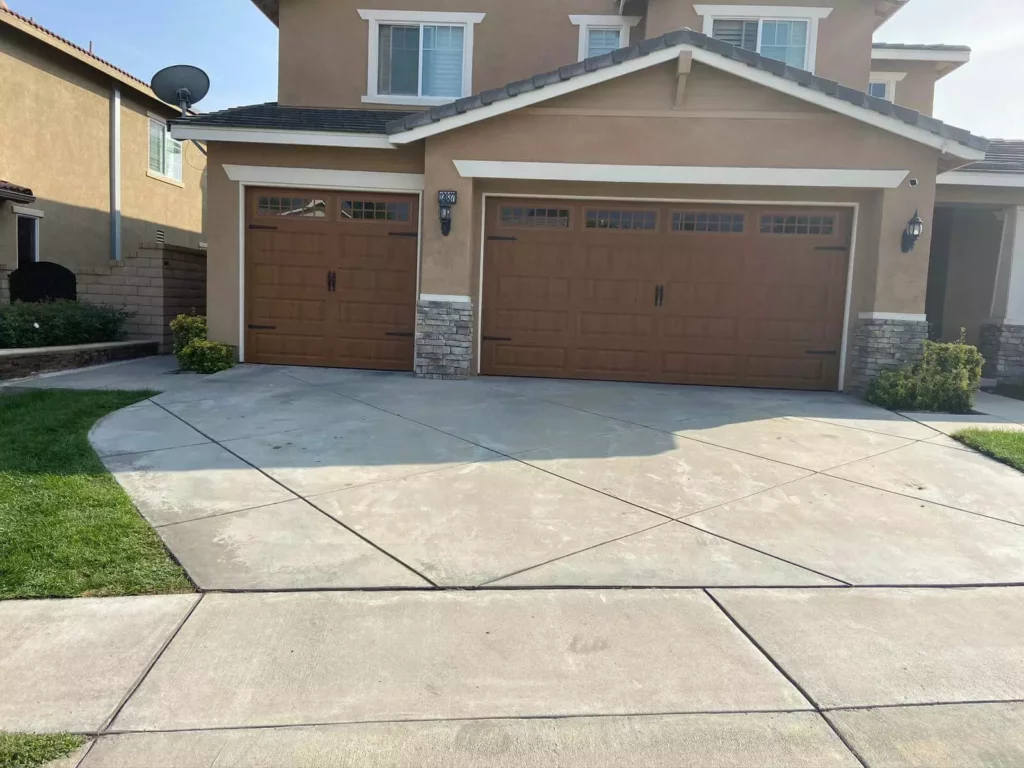
Content
Lubricate Moving Parts
One of the most common causes of a noisy garage door is friction between the moving parts. Apply a high-quality silicone-based lubricant to the hinges, rollers, tracks, and springs. Lubricating these components will reduce friction and minimize the noise produced during the door’s operation. Be sure to clean any debris or dirt from the parts before applying the lubricant.
Tighten Loose Hardware
Over time, the hardware holding your garage door together can become loose, leading to vibrations and increased noise. Inspect and tighten all the nuts, bolts, and screws, paying close attention to the hinges, rollers, and brackets. This simple step can significantly reduce the rattling and shaking noise caused by loose hardware.
Replace Worn Rollers
Worn-out rollers are a common culprit for noisy garage doors. If you notice cracked or chipped rollers or they appear worn, consider replacing them with nylon or nylon-covered rollers. Nylon rollers are quieter and offer smoother operation compared to metal rollers. Additionally, they require less lubrication, reducing the accumulation of debris.
Insulate the Garage Door
Insulating your garage door not only improves energy efficiency but also helps reduce noise. Insulation materials such as foam panels or reflective insulation can dampen sound vibrations, resulting in a quieter door. Consider adding insulation to the inside of your garage door for better noise reduction.
Check and Adjust the Opener
The garage door opener itself can contribute to the noise. Inspect the opener to ensure it is securely fastened to the ceiling and not vibrating excessively. If necessary, use vibration-dampening pads or mounts to minimize noise. Additionally, check the opener’s chain or belt tension and adjust it according to the manufacturer’s instructions. A loose or improperly tensioned opener can produce unnecessary noise during operation.
Seek Professional Assistance
If your garage door continues to make excessive noise despite following the above steps, it may be a sign of underlying mechanical issues. In such cases, it is advisable to contact a professional garage door service, such as “garage door opener replacement in Laurel,” to diagnose and address the problem. A trained technician will have the expertise to identify the source of the noise and recommend appropriate solutions.
Conclusion
In conclusion, quieting a noisy garage door involves a combination of lubrication, hardware tightening, roller replacement, insulation, and proper adjustment of the opener. By following these steps, you can significantly reduce the noise produced by your garage door and enjoy a quieter living environment. Remember, if the noise persists or you encounter complex issues, it is best to consult a professional garage door service for expert assistance and garage door opener replacement if needed.
FAQs
Why does my garage door make a squeaking noise?
A squeaking noise often indicates that the moving parts of your garage door, such as hinges and rollers, require lubrication. Apply a silicone-based lubricant to these components to reduce friction and eliminate the squeaking sound.
Can I use WD-40 to lubricate my garage door?
While WD-40 can be used as a temporary lubricant, it is not ideal for long-term garage door lubrication. It tends to attract dust and debris, causing more problems in the long run. It is recommended to use a high-quality silicone-based lubricant specifically designed for garage doors.
Social Links: Figma, Thingiverse, Reddit, Behance, Party, Aredsoaclus.Phorum, Durovis, Hamlethub, Butik.Copiny, Mail.Party, Pixabay, Lkpo2003, Cs-Headshot.Phorum, Granicusideas

Hello, I’m Rex Crist. My goal is to show that traveling can be affordable and fun! I love to explore new places and experience different cultures. I also like iced coffee, iced tea, and ice cream (in that order).



